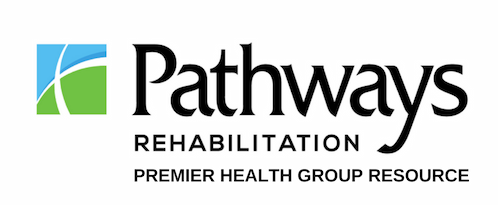Opioid analgesics, including morphine, are commonly prescribed to help alleviate pain, but when the abuse of these drugs is taken to the extent that it leads to addiction, the situation becomes even more problematic. A recent study in the Journal of Pain reported that, among individuals with chronic pain, those who were taking opioids on a daily basis were at a significantly higher risk for developing heroin and morphine addiction. According to Dr. Patrick Kline, lead author of the study, “It is difficult to say why some people develop an addiction to opioids while others do not, but we do know that many people are turning to heroin and other opiates, which are much easier to get.”
Heroin and morphine addiction often begins with nonmedical use of prescribed options. Once the body adjusts to the high that these drugs produce, the body is then tricked into believing that it is getting the amount of substance it needs when actually it is not. When the body gets used to the high and it no longer produces enough options, the person may develop a tolerance and need more options to achieve the same high. Once the body stops producing enough options, the person will feel a constant urge to take more options until he or she becomes addicted.
Those who take opiods regularly are at a greater risk for heroin and morphine addiction than those who only use them occasionally for their medical use. These people who are taking options on a daily basis have a genetic predisposition to become addicts. If the person does not have a family history of heroin or morphine addiction but was prescribed options to relieve pain or has had a previous experience with drug abuse, then the chances of the person becoming addicted to these substances are increased. This means that it could very well be an accidental overdose of one of these drugs that leads to addiction, but if the person has already been abusing the options for a long time, then it is highly likely that it was the abuse that lead to the addiction.
Heroin and morphine addiction can also be inherited in the form of genes from parents. The person whose parents were addicts of morphine may also be susceptible to the same problems. For this reason, many people today choose to try to find a way of stopping opium addiction before it gets out of hand. Some opt to stop taking the medications for good, but others are more interested in detoxification and recovery from the body’s chemical balance that these medications produce.
Opiods and heroin are addictive in nature and once the body is used to them, the person cannot stop. Even after being on detoxification programs and undergoing counseling for many months, the body is still addicted to the drug. As a result, these medications must always be administered and given through injection to prevent a relapse of these drugs. Once the body becomes dependent on these drugs, it is difficult to break the cycle and recover.
Heroin and morphine addiction have a negative effect on all areas of life. It can cause a host of medical problems in a person, and those who use the drugs heavily may suffer from an increased risk of contracting serious illnesses. For the addict, it can lead to a host of physical ailments, such as an increased risk of cancer, infections, heart attacks, and kidney failures, as well as mental problems, such as depression, anxiety, agitation, hallucinations, and violent behavior. These addictions are serious matters to deal with, and the best thing that one can do is to seek professional help for withdrawal and rehabilitation.
